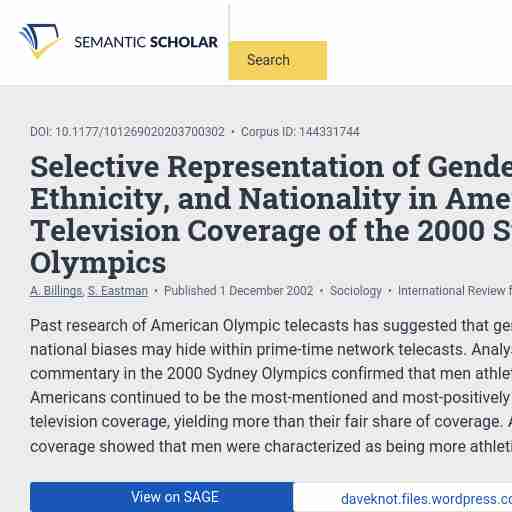Insurance is an essential aspect of our lives, providing us with financial security in case of unexpected events. With the wide range of insurance options available today, it can be overwhelming to choose the right one for your needs. That's where Eagleman Eastman Insurance comes in.
Eagleman Eastman Insurance is a leading insurance provider that has been serving clients for over 50 years. The company specializes in providing comprehensive and reliable insurance solutions to individuals, families, and businesses across the United States.
At Eagleman Eastman Insurance, we understand that every client has unique needs when it comes to insurance. That's why we offer customized insurance solutions tailored to meet your specific requirements. Our team of experienced agents work closely with you to assess your needs and provide you with the best coverage options.
Eagleman Eastman Insurance offers a wide range of insurance products to meet the diverse needs of its clients. Some of our most popular insurance products include:
Choosing Eagleman Eastman Insurance as your insurance provider comes with several benefits, including:
Eagleman Eastman Insurance has been serving clients for over 50 years, providing customized insurance solutions tailored to meet the unique needs of each client. Our team of experienced agents works closely with you to assess your needs and provide you with the best coverage options at competitive prices.
Eagleman Eastman Insurance offers a wide range of insurance products, including auto, homeowners', commercial, and life insurance.
You can request a quote by filling out our online form or by contacting one of our agents directly. We will work closely with you to assess your needs and provide you with a customized quote that meets your specific requirements.
Eagleman Eastman Insurance is committed to providing comprehensive and reliable insurance solutions that meet the unique needs of each client. With over 50 years of experience in the industry, we have built a reputation for excellence in customer service and customized coverage options. Contact us today to learn more about how we can help protect you and your assets.
---

... Eastman; Published 1 December 2002; Sociology; International ... A. EaglemanErin L. McNary. Sociology. 2011. The Olympics celebrate sport like no other ... Skip to search formSkip to main contentSkip to account menu DOI:10.1177/101269020203700302Corpus ID: 144331744 Selective Representation of Gender, Ethnicity, and Nationality in American Television Coverage of the 2000 Summer Olympics A. Billings, S. EastmanPublished 1 December 2002SociologyInternational Review for the Sociology of Sport Past research of American Olympic telecasts has suggested that gender, ethnic, and national biases may hide within prime-time network telecasts. Analysis of host and reporter commentary in the 2000 Sydney Olympics confirmed that men athletes, Whites, and Americans continued to be the most-mentioned and most-positively portrayed in the television coverage, yielding more than their fair share of coverage. Analysis of gendered coverage showed that men were characterized as being more athletic and… Expand Packaging the Games for Viewer Consumption: Gender, Ethnicity, and Nationality in NBC's Coverage of the 2004 Summer Olympics Analysis of 70 prime-time hours of host and reporter commentary in NBC's 2004 Athens Summer Olympic telecast located the degree and forms of gender, ethnic, and national biases hidden within the… Expand Framing identities: Gender, ethnic, and national parity in network announcing of the 2002 winter Olympics Analysis of 53 prime-time hours of host and reporter commentary in the 2002 Salt Lake City Olympics located the degree and types of gender, ethnic, and national biases hidden within the prime-time… Expand Stereotypes of race and nationality: a qualitative analysis of sport magazine coverage of MLB players.
---
---

Jun 1, 2015 ... (2011) suggest that sport news coverage is similar to any other news coverage ... Eagleman, 2009; Eastman & Billings, 2001; Lapchick, & Sherrod, ... The Experience of Media and Race in the National Football League – An Existential Phenomenological Study Submitted by David D. Biber 1*, Jocelyn A. Fisher2*, Daniel R. Czech3*, Rebecca Zakrajsek4*, Noah Gentner5*, Trey Burdette6*, Jonathan Metzler7*, Kimberly Coleman8*, Willie Burden9*, & Terrence A. Jordan II10* 1* David D. Biber, Georgia State University, Department of Kinesiology and Health, Atlanta, GA 30303 With over 67% of the current NFL population of African American descent (Lapchick, Costa, Sherrod, & Anjorin, 2012), there is a disparity between sport reporters, with 79% of the radio and television announcers being White and 7% being Black (Lapchick, &, Sherrod, 2011). This study examined the interactions between African American NFL players and veteran NFL reporters from a phenomenological perspective. While using one open-ended question for each population, the data were transcribed and analyzed, and main themes were identified. The players revealed themes of: (1) the players’ view of how media coverage affects the NFL players, (2) the players’ perceptions of media personnel, and (3) the athletes’ perception of black quarterbacks. The analysis of the veteran sport reporters’ interviews exposed three major themes: (1) perceptions of how the media covers the NFL, (2) interrelationships with NFL players, and (3) playing quarterback in the NFL. Keywords: NFL, Media, Race, radio, television announcers. NFL reporters Approximately 67.3% of National Football League (NFL) players are African American (Lapchick, Costa, Sherrod, & Anjorin, 2012). How African American athletes are viewed by society is often contingent upon the media coverage they receive. Mass media, specifically sports media, has the potential to reach large audiences through multiple mediums, thus influencing the public’s view of racial sterotypes (Desmarais & Bruce, 2010). Davis and Harris (1998) asserted that “the association between athletics and African American success is not surprising, given that sports is just about the only type of mainstream (non-fictional) media coverage in which one can see images of many successful African Americans” (p. 166).